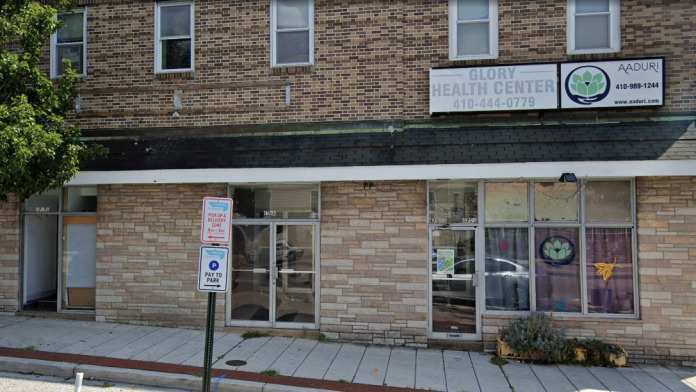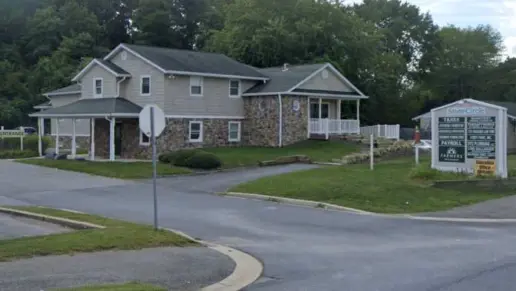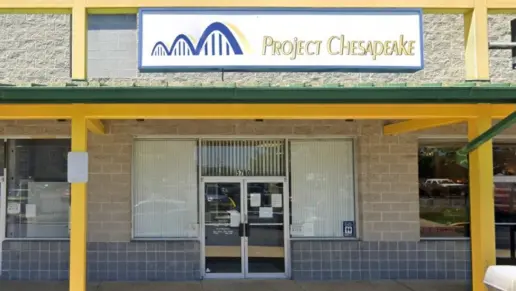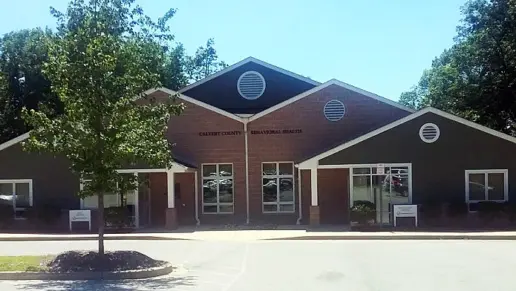It's a nice place, the environment really helps to open up about everything. Maybe some staff is rude and honestly, I'm not up for that.
About Glory Health Center
The Glory Health Center is located in Baltimore, Maryland. This is a community health center that supports adolescents and adults who are struggling with their mental health or behavioral health. They also address at risk behaviors including substance abuse that you or a loved one might be dealing with.
You’ll work with psychiatrists and counselors through individualized recovery plans that are rooted in evidence based practices, community support when needed, and person focused recovery.
This health center is located about five miles north of downtown Baltimore and is easy to get to thanks to the available public transportation services here.
Dedicated Mental Health Support
The Glory Health Center is primarily focused on helping you work through issues with your mental health. Whether those struggles were brought on by a traumatic event, life circumstances, challenges at school, or substance use, the dedicated counselors here will work with you using age appropriate therapies and methodologies.
You’ll learn how to work through complex emotions, address triggers that bring on negative behaviors and learn strategies to tackle life’s challenges in a more effective manner.
Person Focused Care
The mission behind Glory Health Center is to help you reach a point where you can live a quality life that’s rooted in health, happiness, and community support. There’s a strong focus here on counseling and rehabilitation, but if you have a more severe substance use disorder and need more specialized care, Glory Health Center can help refer you to different programs within the city.
Baltimore has access to a variety of resources and programs that can help you on your journey to sobriety. This includes detox programs and outpatient programs that focus solely on drug addiction. The Glory Health Center can be a great first step in your journey to getting connected to those resources.
Rehab Score
Gallery

Location
Other Forms of Payment
Medicaid is a state based program that helps lower-income individuals and families pay for healthcare. Medicaid covers addiction treatment so those enrolled can use their coverage to pay for rehab. When a program accepts Medicaid the client often pays very little or nothing out of their own pocket.
Medicare is a federal program that provides health insurance for those 65 and older. It also serves people under 65 with chronic and disabling health challenges. To use Medicare for addiction treatment you need to find a program that accepts Medicare and is in network with your plan. Out of pocket costs and preauthorization requirements vary, so always check with your provider.
Addiction Treatments
Levels of Care
Treatments
Many of those suffering from addiction also suffer from mental or emotional illnesses like schizophrenia, bipolar disorder, depression, or anxiety disorders. Rehab and other substance abuse facilities treating those with a dual diagnosis or co-occurring disorder administer psychiatric treatment to address the person's mental health issue in addition to drug and alcohol rehabilitation.
Mental health rehabs focus on helping individuals recover from mental illnesses like bipolar disorder, clinical depression, anxiety disorders, schizophrenia, and more. Mental health professionals at these facilities are trained to understand and treat mental health issues, both in individual and group settings.
Programs




Clinical Services
Eating disorders include anorexia, bulimia, binge eating, and dysfunctional eating patterns. Many psychologists and other mental health professionals consider eating disorders to be food addictions, meaning food is being used in an addictive way (similar to drug or alcohol addiction). Certain substance abuse treatment programs will have treatment for eating disorders as one of the services offered. An eating disorder may also present as a co-occuring disorder or dual diagnosis alongside drug and alcohol addiction.
Research clearly demonstrates that recovery is far more successful and sustainable when loved ones like family members participate in rehab and substance abuse treatment. Genetic factors may be at play when it comes to drug and alcohol addiction, as well as mental health issues. Family dynamics often play a critical role in addiction triggers, and if properly educated, family members can be a strong source of support when it comes to rehabilitation.
Group therapy is any therapeutic work that happens in a group (not one-on-one). There are a number of different group therapy modalities, including support groups, experiential therapy, psycho-education, and more. Group therapy involves treatment as well as processing interaction between group members.
In individual therapy, a patient meets one-on-one with a trained psychologist or counselor. Therapy is a pivotal part of effective substance abuse treatment, as it often covers root causes of addiction, including challenges faced by the patient in their social, family, and work/school life.
Trauma therapy addresses traumatic incidents from a client's past that are likely affecting their present-day experience. Trauma is often one of the primary triggers and potential causes of addiction, and can stem from child sexual abuse, domestic violence, having a parent with a mental illness, losing one or both parents at a young age, teenage or adult sexual assault, or any number of other factors. The purpose of trauma therapy is to allow a patient to process trauma and move through and past it, with the help of trained and compassionate mental health professionals.
Accreditations

The Substance Abuse and Mental Health Services Administration (SAMHSA) is a branch of the U.S. Department of Health and Human Services. Established in 1992 by congress, SAMHSA's mission is to reduce the impact of substance abuse and mental illness on American's communities.
SAMHSA Listed: Yes
Contact Information
4705 Harford Road
Suite B
Baltimore, MD 21214


